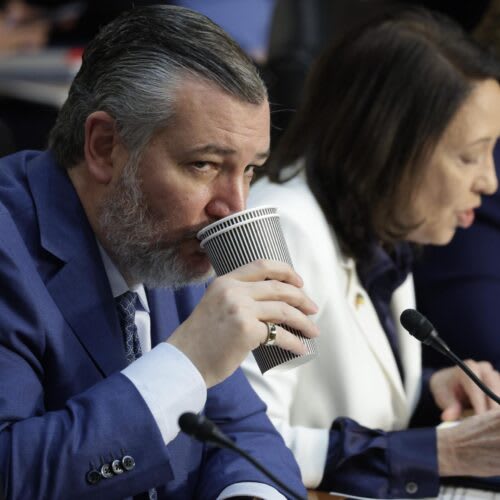The FCC's Wi-Fi Hotspot Dilemma: A Step Backward for Digital Equity?
 The Tech Times
The Tech Times
In a move that has sparked significant controversy, the Federal Communications Commission (FCC), under the leadership of its current chair, has taken a decisive step to end a program providing Wi-Fi hotspots to schoolchildren. This decision, aligned with the interests of Senator Ted Cruz, comes despite the stalling of a related anti-hotspot bill in Congress. The implications of this decision are profound, particularly as it relates to the ongoing struggle for digital equity in education.
The Digital Divide: A Historical Perspective
The issue of digital equity has been a longstanding concern, exacerbated by the COVID-19 pandemic, which highlighted the critical need for reliable internet access in education. Across the United States, millions of students faced unprecedented disruptions to their learning as schools shifted to remote instruction. For many families, especially those in rural or economically disadvantaged areas, a lack of internet access compounded these challenges.
Historically, the digital divide has been a persistent issue. Programs like the FCC's Wi-Fi hotspot initiative were designed to bridge this gap, ensuring that students without home internet access could still participate in online learning. The initiative was part of a broader effort to provide equal educational opportunities, regardless of geographic or socioeconomic barriers.
The Current Controversy
The decision to terminate the Wi-Fi hotspot program comes at a time when digital access is more crucial than ever. Critics argue that ending the program disregards the needs of underserved communities and undermines efforts to ensure educational equity. The FCC's decision, supported by Senator Cruz, has been met with significant backlash from educational advocates and politicians who view it as a step backward.
Supporters of the decision argue that the program was a temporary measure necessitated by the pandemic and that it is time to return to pre-pandemic norms. However, this perspective overlooks the persistent challenges faced by students who rely on these hotspots for their educational needs.
The Role of Policy and Technology in Bridging the Divide
Technology alone cannot solve the digital divide; it requires thoughtful policy and collaboration across public and private sectors. The FCC has played a pivotal role in shaping the landscape of digital access, and its policies have real-world implications for millions of Americans.
This latest decision highlights the complexities of policy-making in the digital age. Balancing budget constraints, political pressures, and the urgent needs of constituents is no small feat. Yet, the decision to end the Wi-Fi hotspot program raises questions about the prioritization of resources and the commitment to ensuring equitable access to education.
Conclusion: Looking to the Future
As we look to the future, the need for comprehensive solutions to the digital divide remains clear. The termination of the FCC's hotspot program underscores the ongoing challenges in achieving digital equity. It is imperative that policymakers, educators, and technology leaders work collaboratively to develop sustainable strategies that prioritize access and opportunity for all students.
The debate over the FCC's decision is far from over. It serves as a reminder of the critical importance of connectivity in our increasingly digital world and the role of public policy in shaping access to essential services. As discussions continue, the voices of those most affected—students, families, and educators—must remain at the forefront.
Source: FCC chair teams up with Ted Cruz to block Wi-Fi hotspots for schoolkids
Subscribe to my newsletter
Read articles from The Tech Times directly inside your inbox. Subscribe to the newsletter, and don't miss out.
Written by
